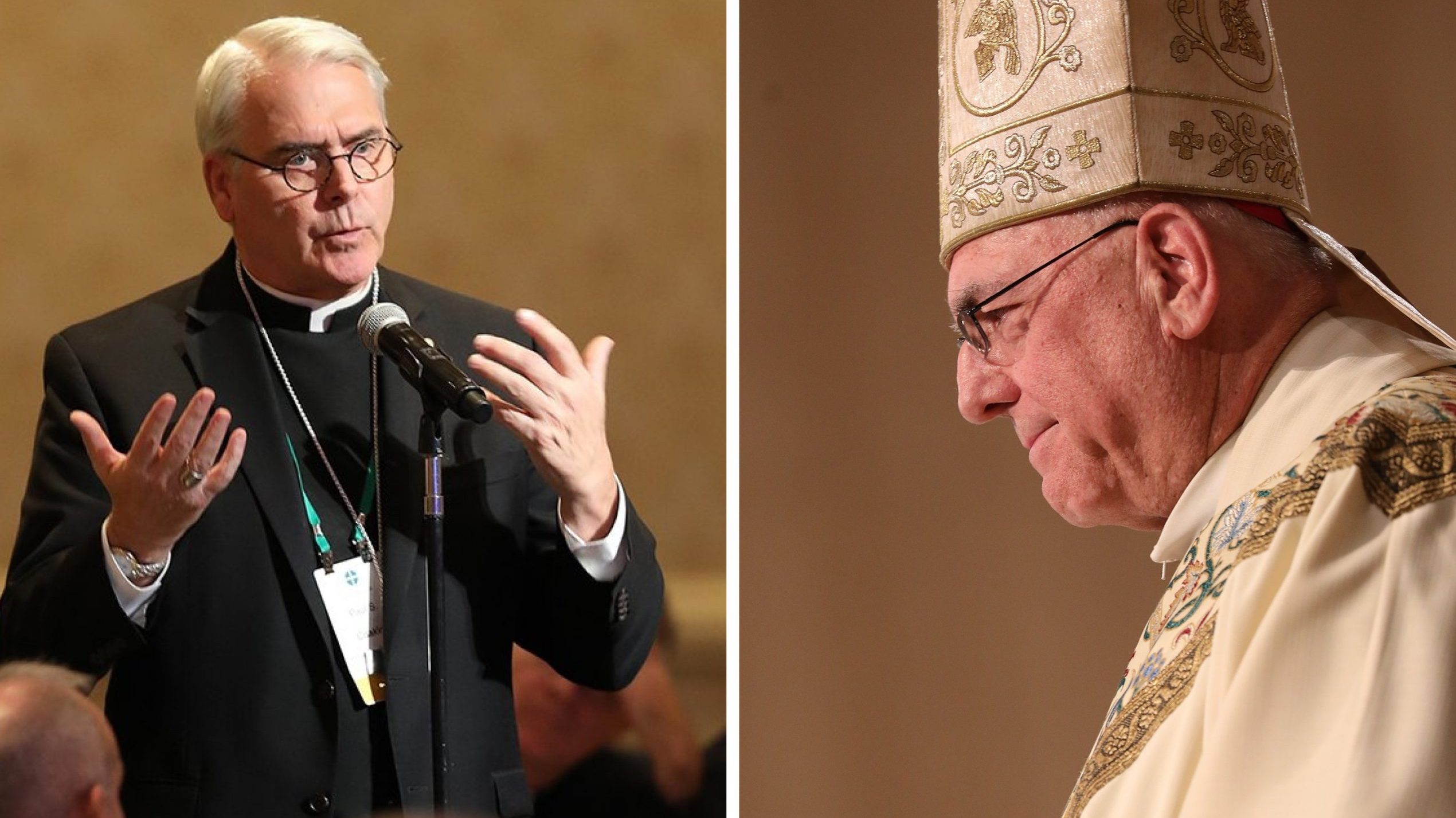I have not claimed that CP is immoral in se . I do claim that if one judges that bloodless means are available to protect society that one may not execute the criminal.
That echoes the comment by Pope John Paul 2, and presumably the comment by Pope Francis, although he couches it in terms which appear, on the face, to be absolute.
And it helps to recall (not that you don’t - but others may not) that the Church is universal, meaning that it applies to all countries. News today is that there was a massive (@ 200 inmates) jail break in Nigeria in the last few hours.
Which is an indirect way of saying that not all countries have the same level of security of prisons as do Europe and North America.
Pope Benedict 16 made a comment after JP2"s take on capital punishment; it was a prudential judgement, and Catholics may disagree with that prudential judgement and are still free to present themselves to Communion.
As Benedict did not respond to specific circumstances (e.g. the U.S. or some third world country), then Catholics are free to disagree; although I would suggest that an emotional response to the application of the death penalty is most likely not what B16 had in mind.
Having defended two murder cases, when the State reinstated the death penalty I chose to not continue to defend such cases further. And my personal position is that life without parole can be far greater punishment than many believe. Having seen a number of cases where the prisoner refuse to appeal and/or cut short appeals in order to hasten the date of execution, I recall a number of defense attorneys referring to such decisions as “suicide by execution” and I will leave it at that. Personally, I oppose the death penalty, but for multiple murders by an individual, I don’t spend much time at all mourning their death; I say a prayer begging mercy and forgiveness for them, and move on.

 angelusnews.com
angelusnews.com

